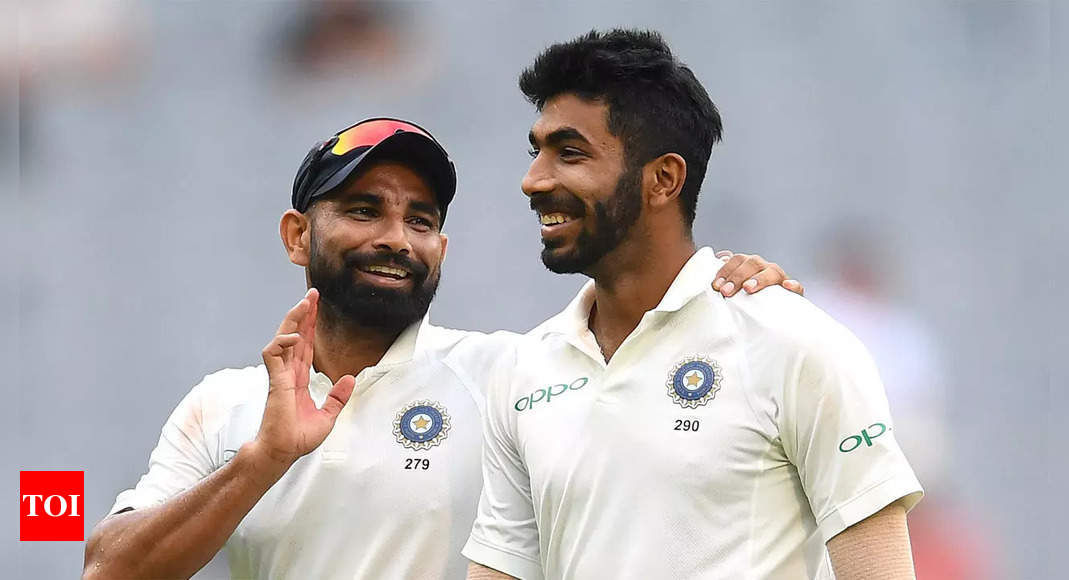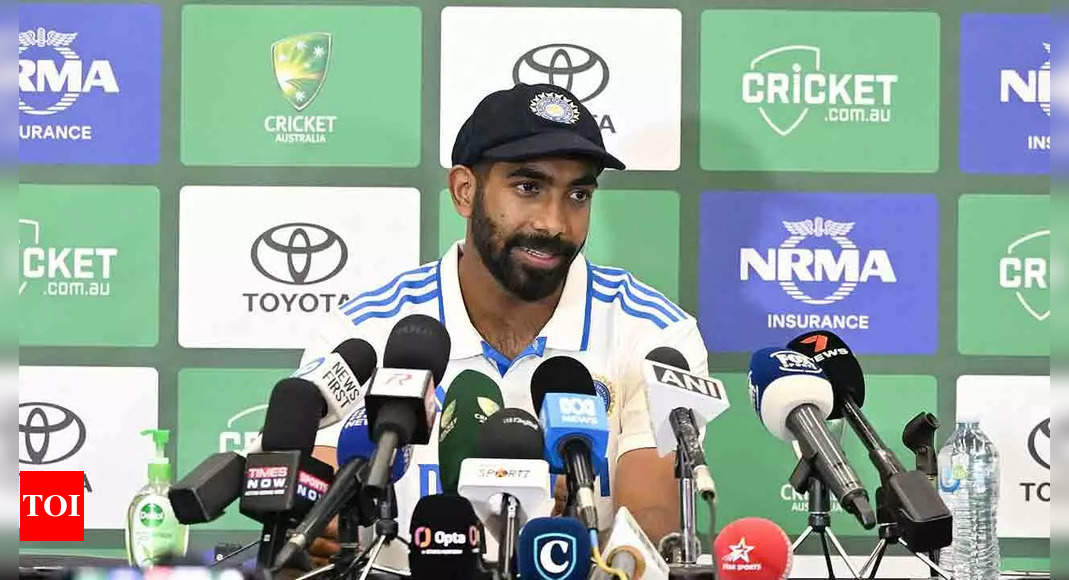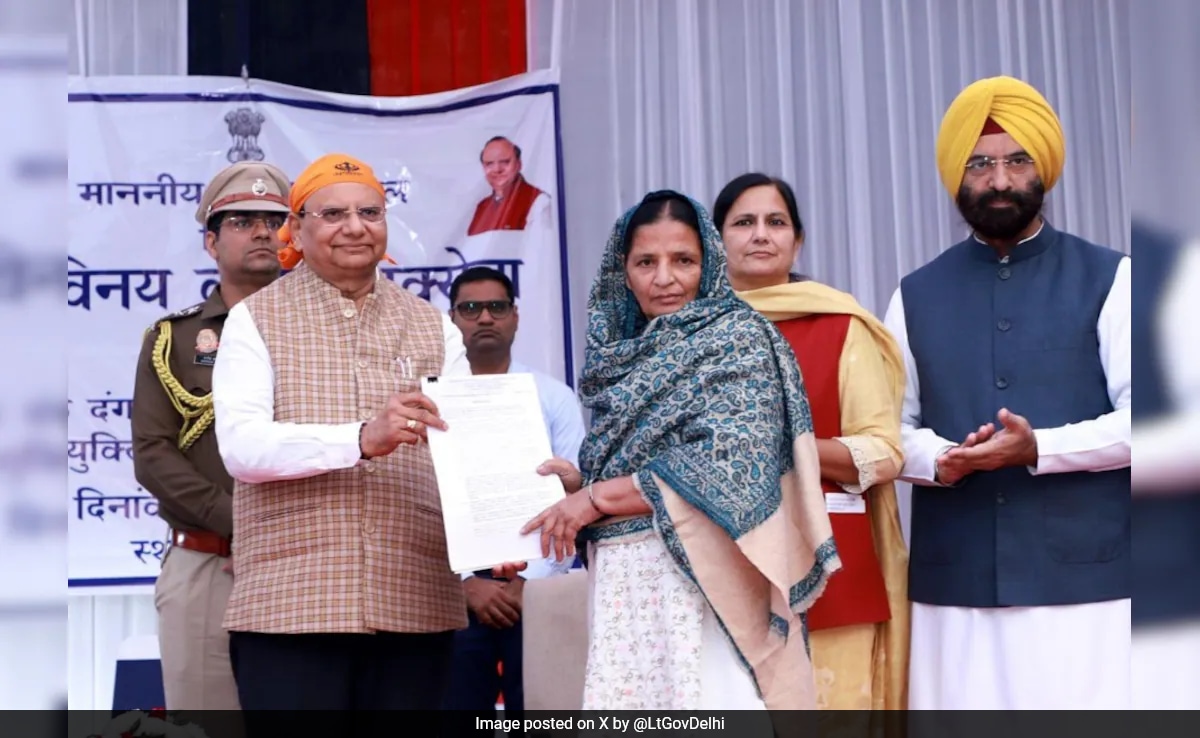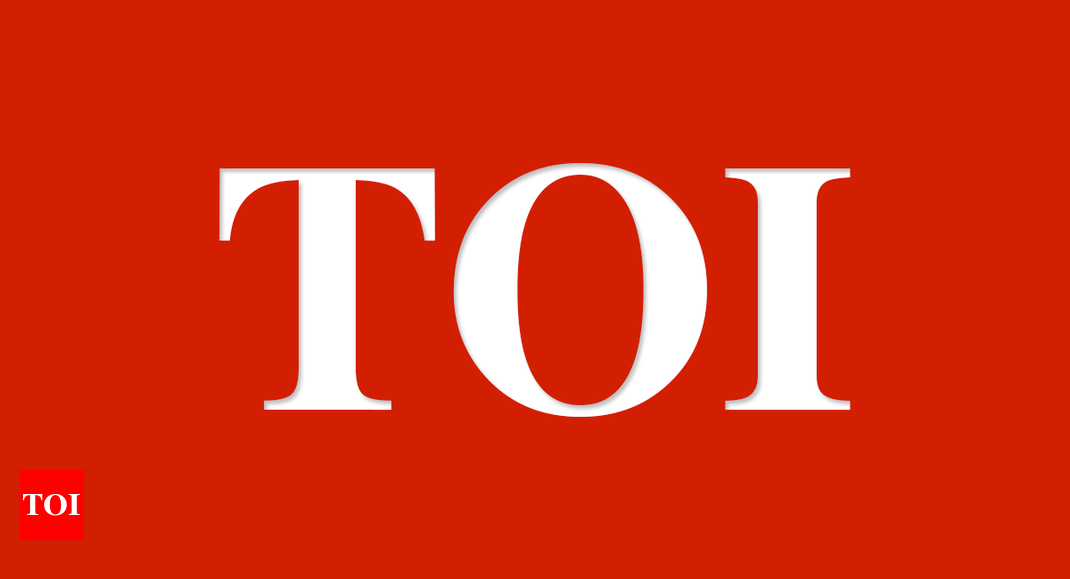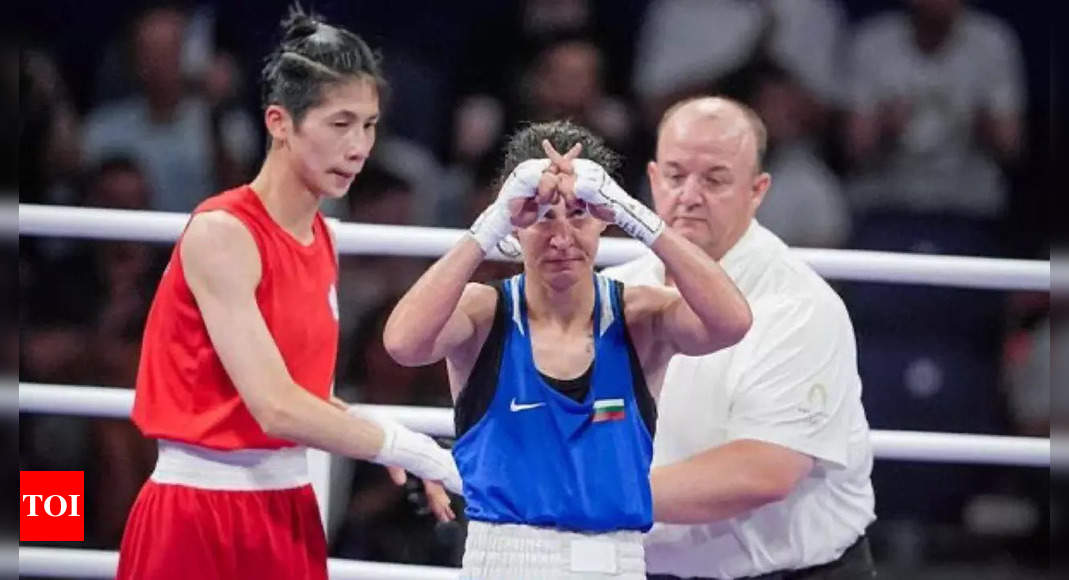
Both boxers have now advanced to the semi-finals, securing medals in their respective categories.
IOC’s support amid controversy
The IOC has firmly backed Khelif and Lin throughout the debate. On Saturday, IOC president Thomas Bach asserted there “was never any doubt” that both fighters were women who had every right to compete in the Paris Olympics. On Sunday, the IOC criticized the International Boxing Association (IBA) for conducting flawed and illegitimate gender tests on the two athletes.
Algeria’s Imane Khelif, red, next to Italy’s Angela Carini. (AP Photo)
How it started
The controversy began when Khelif won her first bout in just 46 seconds against Italy’s Angela Carini, who remarked she had never faced such powerful punches. This victory sparked a social media uproar questioning the IOC’s decision to allow Khelif to compete.
High-profile figures like author JK Rowling and billionaire Elon Musk voiced their opposition to Khelif’s participation against other female boxers.
The ‘X’ sign incident
The debate was reignited by Svetlana Kamenova Staneva of Bulgaria after losing to Lin Yu-ting in the quarter-finals. Staneva made an ‘X’ symbol with her fingers post-bout, referencing her ‘XX’ chromosomes against the alleged ‘XY’ chromosomes in Lin’s DNA. This gesture underscored the ongoing gender debate and stirred further controversy.
Staneva had previously lost to Lin at last year’s World Championships, a result later overturned to a no-contest after Lin’s disqualification. Bulgarian boxing coach Borislav Georgiev alleged that the gender debate had influenced the judges’ decision in favour of Lin.
“100 percent. If your bosses are supporting something, you also work to support it. There’s no other way,” Georgiev said when asked whether the IOC defence influenced the judges.
IOC defends the judges
The Paris Boxing Unit (PBU), an ad-hoc unit established by the IOC’s Executive Board to organize the boxing competition in Paris, defended its referees and judges. The PBU emphasized its confidence in the selection process for referees and judges, which included multiple vetting steps, performance criteria, and a random draw. It further explained that each bout is independently evaluated by two individuals—one on the field and the other via video feed.
Targeting of Lin and Khelif
Lin and Khelif have faced significant scrutiny in Paris, partly due to their disqualification at the 2023 World Championships for unspecified gender eligibility rule violations by the IBA.
The IOC, which took over the organization of the boxing tournament after stripping the IBA of international recognition in 2023, has been at the forefront of defending the athletes.
Calls for end to ‘bullying’
Khelif has spoken out against the wave of hateful scrutiny over misconceptions about her gender, stating that it “harms human dignity.” She has called for an end to the bullying of athletes, highlighting the severe effects such actions can have.
“I send a message to all the people of the world to uphold the Olympic principles and the Olympic Charter, to refrain from bullying all athletes, because this has effects, massive effects,” Khelif said in Arabic during an interview with SNTV, a sports video partner of The Associated Press. “It can destroy people, it can kill people’s thoughts, spirit, and mind. It can divide people. And because of that, I ask them to refrain from bullying.”
The gender row in Paris boxing remains a hotly debated topic, with the IOC continuing to defend its athletes and the integrity of the competition amidst ongoing scrutiny and controversy.


